
The USAID Freeze Created a Power Vacuum. Can the EU Find the Strength to Fill It?
As the Trump administration appears to walk away from America’s historical position as an international protector of human rights, foreign assistance will be reassessed as a tool of global influence. The European Commission, the EU’s executive body, has acknowledged the organization can’t fully replace the $60 billion funding gap the U.S. left behind. Yet, with over 300 million estimated to need humanitarian assistance in 2025, the Commission announced plans to review the EU’s multi-billion-euro aid budget to ensure it aligns with the bloc’s “foreign policy priorities.”

Immigration, Illiberalism, and Inequality: How the EU’s Far-Right Forces Endanger Democracy
The increasing prevalence of far-right parties in the EU has led to harsh migration and immigration policies. These parties weaponize migration to destabilize Europe and fuel populist, xenophobic, and anti-immigration discourse. Their willingness to collude with nations that violate human rights and their disregard for the rule of law threatens the EU’s fundamental values.

La Paz Absoluta: The Future of the ELN in Colombia
The demobilization of the FARC in 2016 was supposed to usher in a new era of peace for Colombia. Yet, President Petro’s campaign for total peace has failed to subdue a transformed and emboldened ELN. The government is changing tactics to reassert control but it may not be enough to rescue the aspirations of 2016.

Trudeau’s Exit, a Conservative Comeback, and Canada’s Fight Against Trump’s Tariffs
With Justin Trudeau stepping down and U.S. tariffs straining Canada’s economy, the country is heading into a snap election that could redefine its political future. Former central bank governor Mark Carney leads the Liberals against Conservative leader Pierre Poilievre in a divisive race, as Canadians search for a leader who can stand up to Trump.
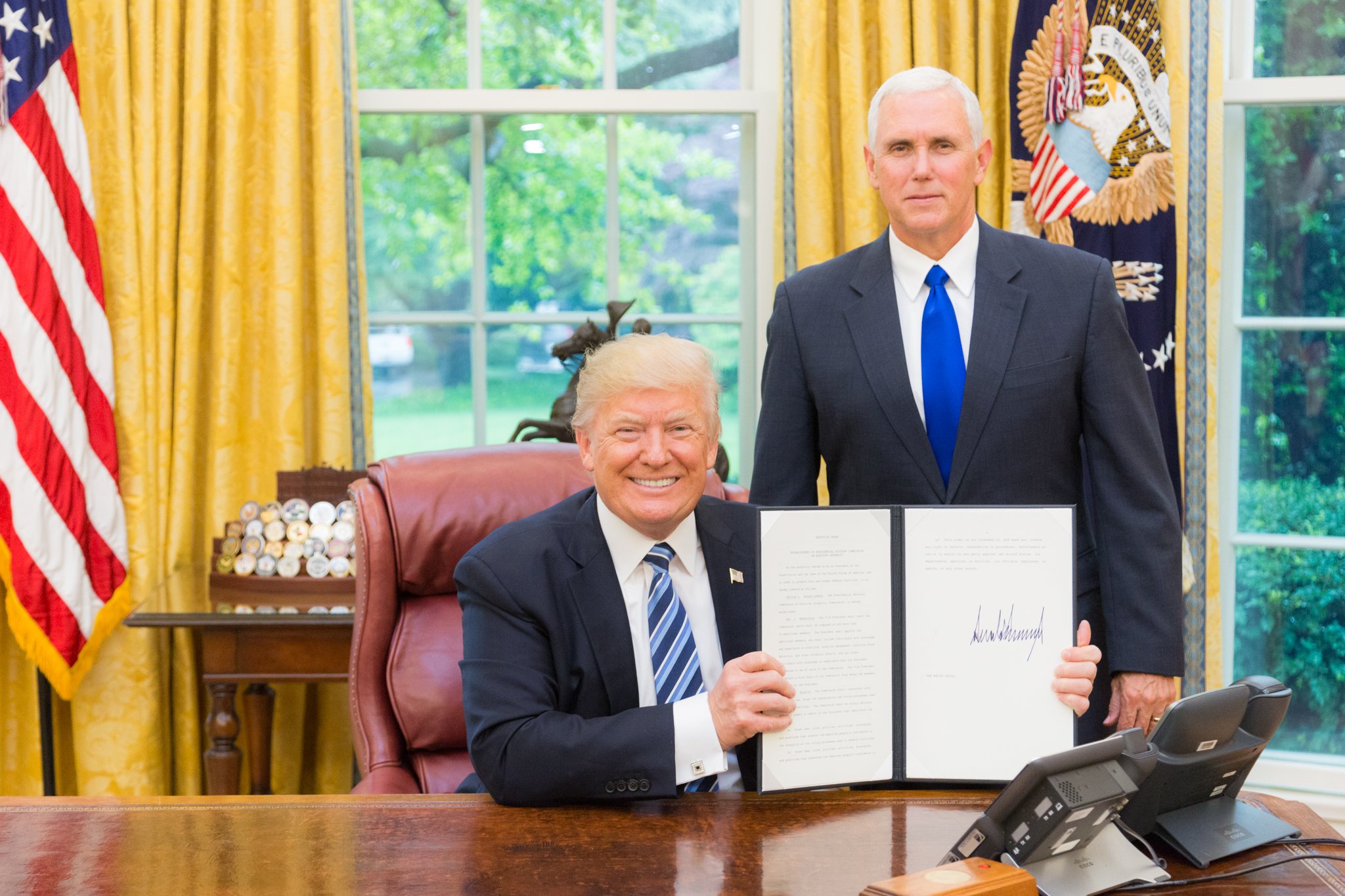
The Paris Climate Agreement: An Uncertain Legacy Amid a Changing World
The Paris Climate Agreement, adopted in 2015, marked a historic turning point in global efforts to combat climate change. Adopted by 196 parties, the accord set ambitious goals to limit the global temperature increase to 1.5 degrees Celsius above pre-industrial levels. This commitment aimed to reduce the devastating impacts of climate change, including rising sea levels, extreme weather events, and biodiversity loss. However, these promises are being tested under the second Trump administration, bringing renewed scrutiny and debate over America’s role in global climate action.

Why Can't We Read Anymore?
Reflecting on current and past methods of teaching literacy identifies several possible causes for the widespread decline in reading stamina. A closer look reveals how the devaluation of strong literacy skills affects students.

The Global Story of Ramen: Trade, War, and Industrialization
Ramen noodles were created and became popular throughout periods of war, famine, international trade, and industrialization. What can a simple dish millions around the world eat everyday tell us about the history of foreign affairs?
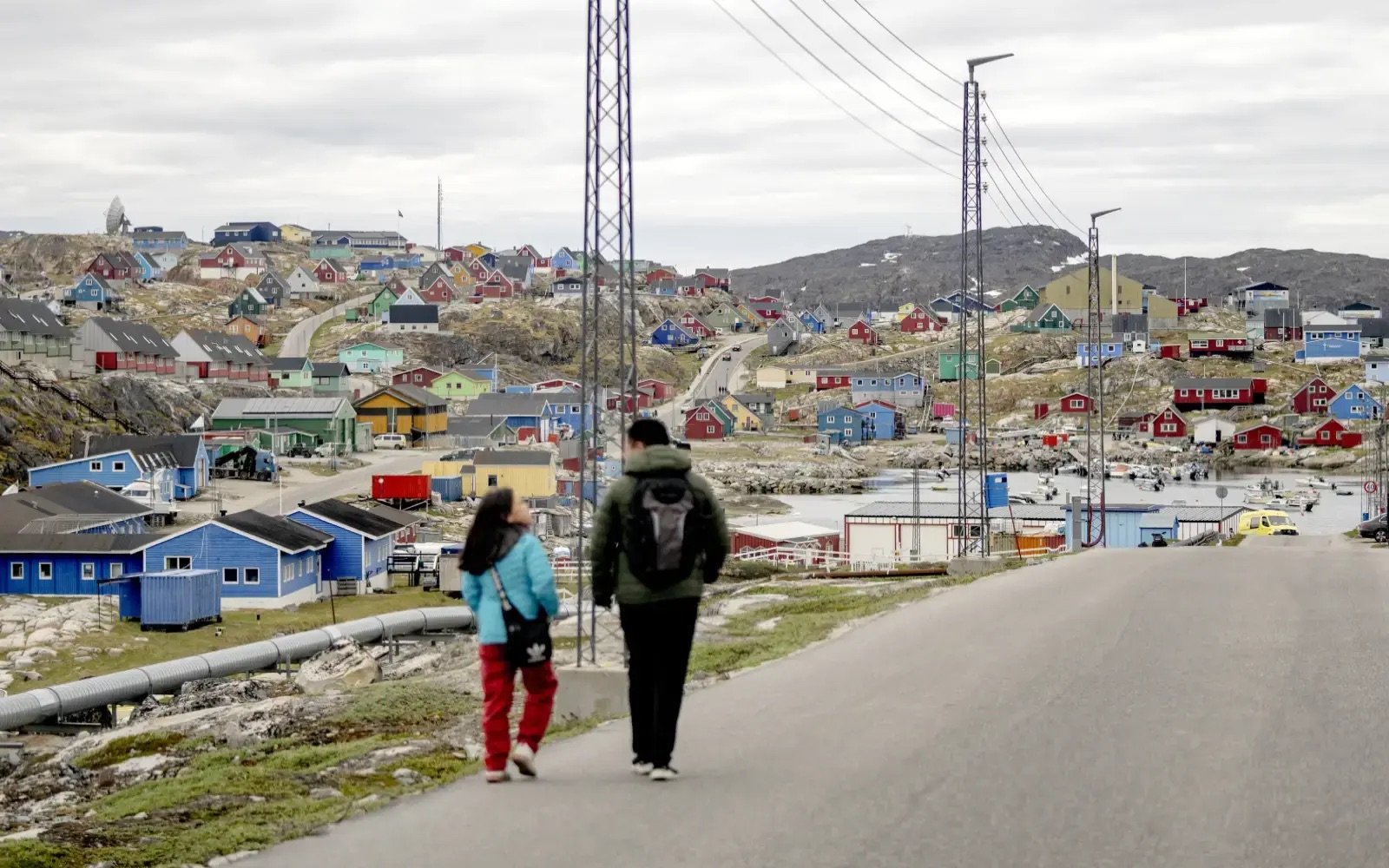
Greenland’s Strategic Value: How Security and Resources Have Rendered the Island a Hotspot for Geopolitical Competition
The reason behind President Trump’s aspirations lies in the strategic and economic potential of Greenland’s location and subsoil resources. As the island aims for eventual independence under Prime Minister Mute Egede and his Inuit-led government, considering alternatives to autonomy under the Kingdom of Denmark opens the door for Greenland to become a key player in geopolitical and geoeconomic rivalries.
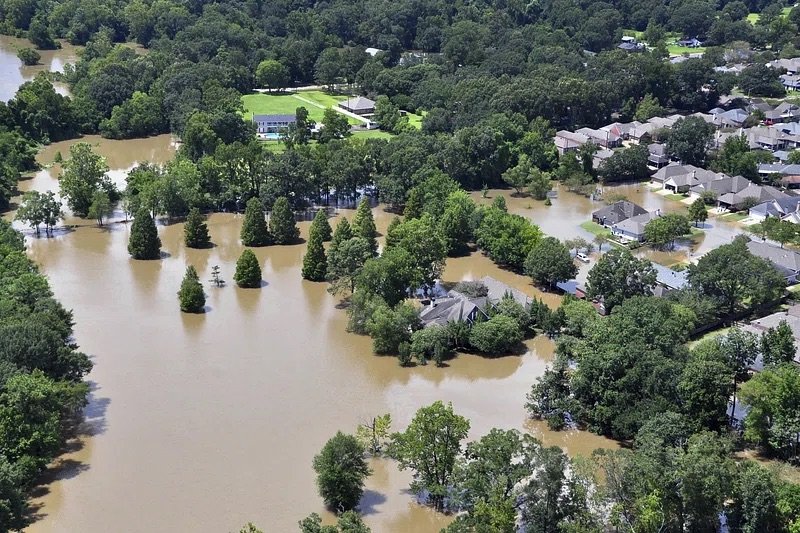
Quelling the Sea- The Threats of Rising Sea Levels to Ecological Stability and Public Health
The vitality of transatlantic commerce between coastal communities has allowed numerous countries to trade commodities, export humanitarian aid, and create beachy standards of living that reflect the rapid development of the modern world. However, the immense weight of skyscrapers and other human creations that have accompanied this development is set to accelerate coastal flooding. The pumping of groundwater and oil, as well as coal mining, exacerbates this process, as the empty space left behind gives way to rock collapse. Chinese cities like Tianjin and Beijing, coastal urban areas in the Netherlands and Ukraine, and segments of American states like California and Florida, are now in the path of imminently rising sea levels. According to a new study, 16% of major cities in the Eastern Hemisphere are losing greater than ten millimeters of elevation per year, and half are losing more than three. These numbers may seem small, but sea levels are projected to rise nearly six feet by the end of the century.

The Legacy of Burning Sun: How K-Pop Peels Back the Realities of Gender-Based Violence in South Korea
Untangling the web of recent K-pop scandals reveals a more sinister truth about how the music industry and the culture of misogyny intersect in South Korea. The cracks of the highly-curated K-pop industry are showing, and what lay behind the mask of glamour and glitz is ugly.
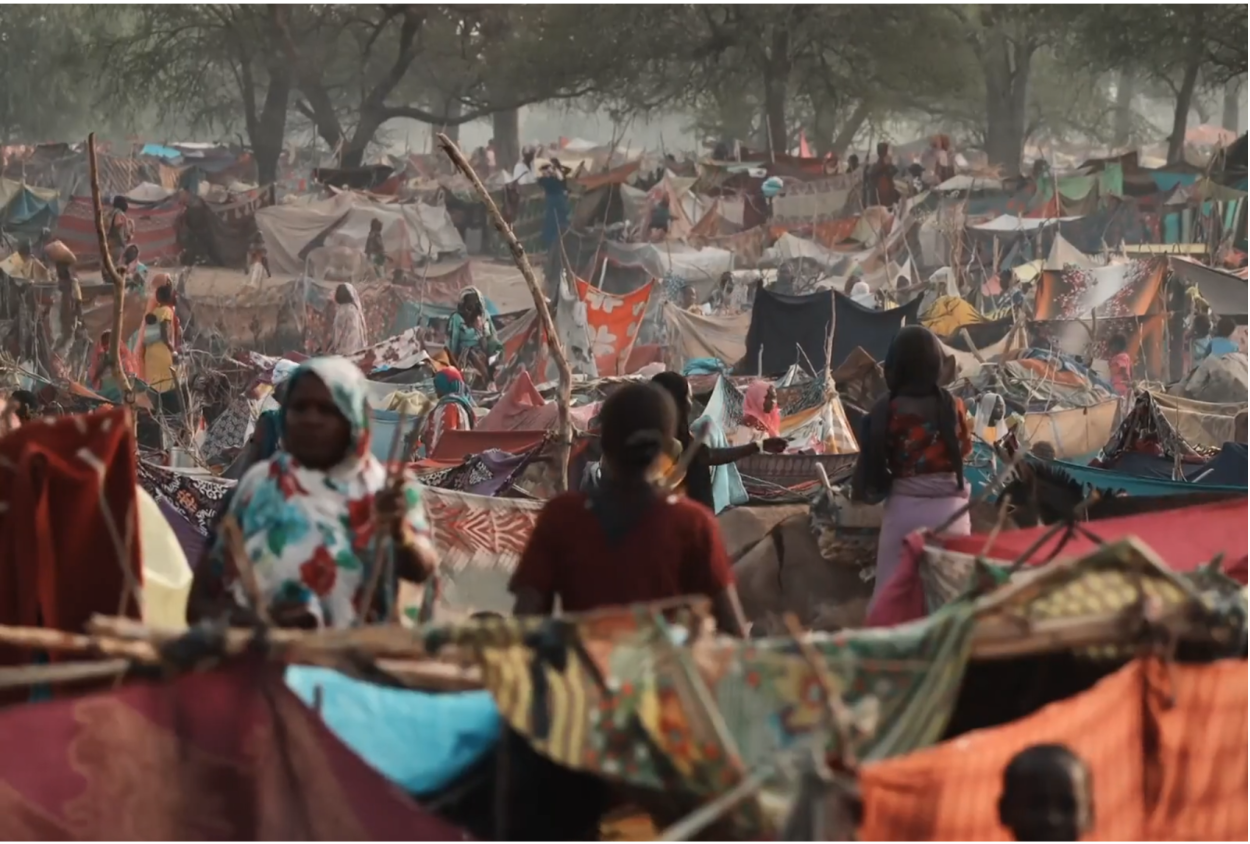
The Gulf in Africa: Examining Possible Motivations Behind UAE Involvement in the Sudanese Civil War
The UAE has covertly funded the RSF in the Sudanese Civil War to protect and strengthen investments in agriculture, mining, and shipping. However, recent gains by the SAF and increasing involvement from the international community via peace talks and sanctions threaten Emirati interests deemed critical to its future.
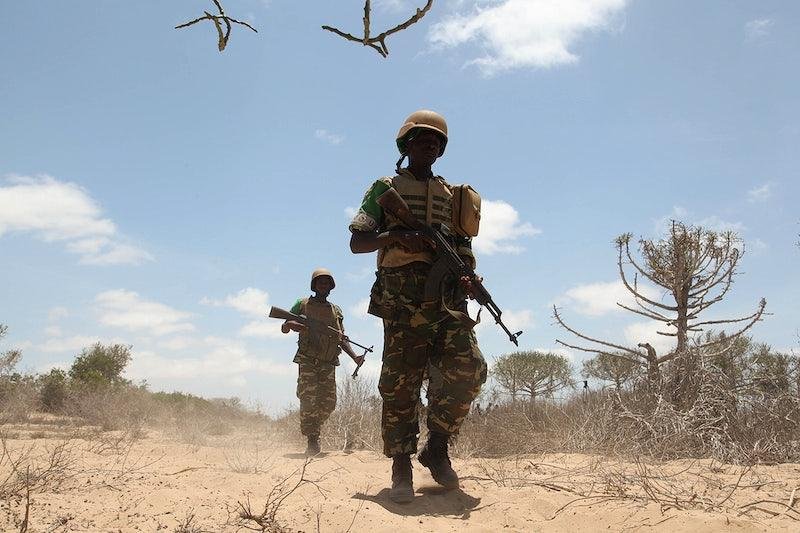
Sahel in Flames: the Terrorist Inferno engulfing West Africa
West Africa is on the war path. A combination of armed banditry, ethnic insurgency and terrorism have slowly gathered in the shadow of global attention. As the drums of war get louder, and foreign powers enter the fray, is there anything that can salvage peace from the jaws of conflict? For the people of this impoverished region, time is running out.
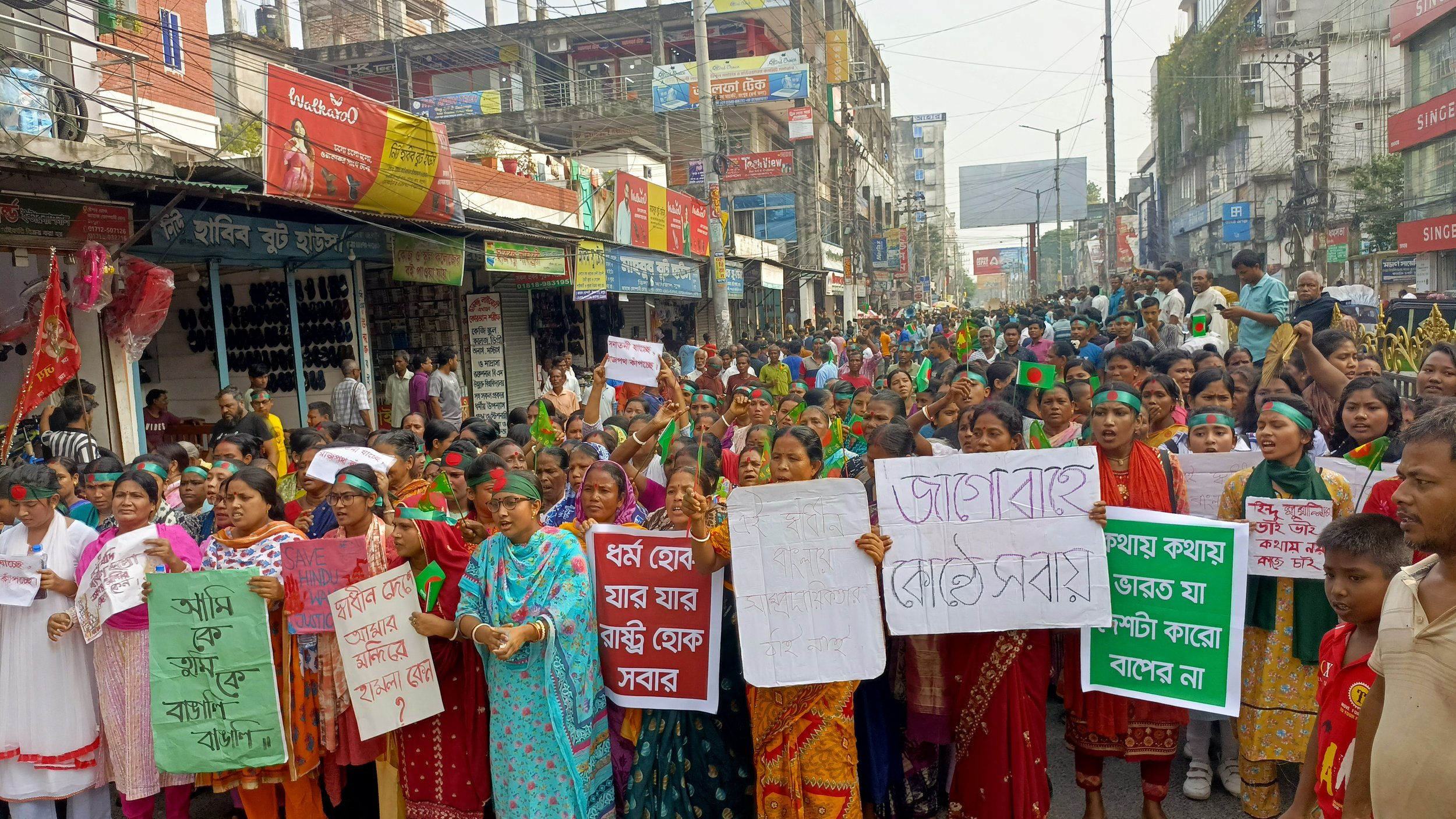
The Protests that Changed Bangladesh: Sheikh Hasina’s Fall and the Road Ahead
In August 2024, Bangladeshi Prime Minister Sheikh Hasina resigned amid student protests, throwing the country into political turmoil. As the new interim government under Nobel laureate Muhammad Yunus tries to stabilize the country, friction between rival factions has grown. Political instability, religious violence, and escalating challenges — both at home and abroad — threaten Bangladesh’s future, with the country's path forward uncertain amid shifting alliances and mounting pressures.
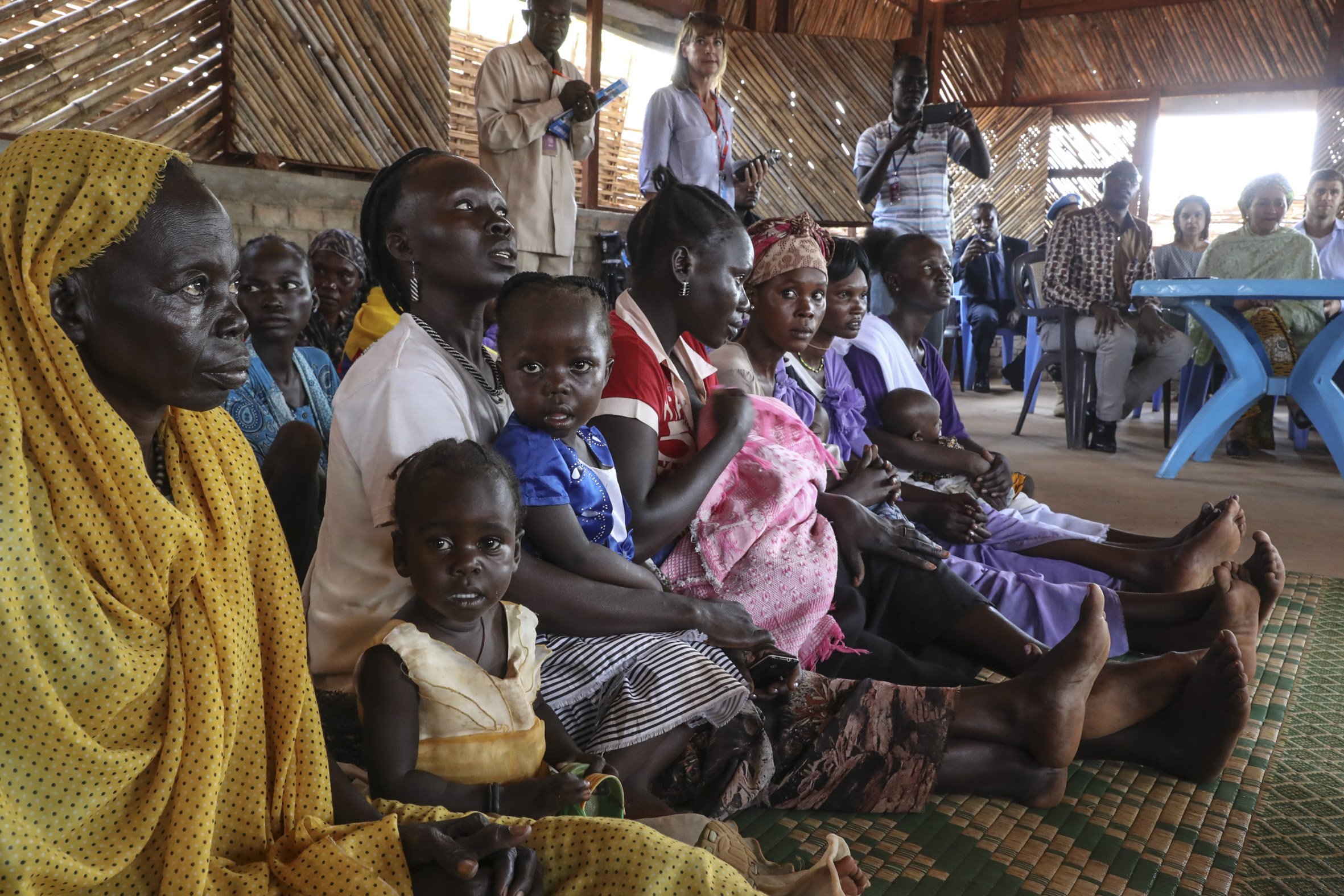
Restless Tidings: The Impacts of Civil War and Climate Change on Security for Women in Africa
The political climate in the Global South is taut with civil conflicts and the devastating effects of climate change. In recent conflicts, governments have used individual freedoms and ecological safety as bargaining chips. This is exemplified by the ongoing civil war in Sudan.

Mergers and Medicine: How Global Takeovers are Shaping Healthcare Access and Quality of Care
Global healthcare mergers promise innovation and efficiency, but do they deliver? Explore how cross-border takeovers are reshaping access, quality of care, and patient outcomes, revealing both opportunities and challenges in a rapidly consolidating industry.

Photographing Gaza: A Case Study in the Politics of Photojournalism and Portraiture
"Palestinian-American photographer Adam Rouhana wrote an opinion piece for the New York Times in which he explained his drive to create positive images to counter the media’s portrayal of the Palestinian people as violent terrorists or expendable additions to statistics. ‘By decolonizing photography,’ he explained, ‘we can decolonize our minds and achieve a more nuanced understanding of Palestinian reality.’ Rouhana’s photography project ‘Before Freedom’ exploring these ideas was recognized at the Belfast Photo Festival of 2024."

Op-Ed: Nationalism Isn’t Driving India's Knife-Edge Foreign Policy
While Prime Minister Narendra Modi has championed Hindu cultural values within India, his approach to foreign affairs tells a different story. Rather than letting religious ideology guide international relations, Modi's government has maintained India's traditional balancing act between world powers. From continuing Russian oil purchases during the Ukraine war to providing aid to Gaza while supporting Israel, India's foreign policy remains driven by practical interests rather than nationalist sentiment.
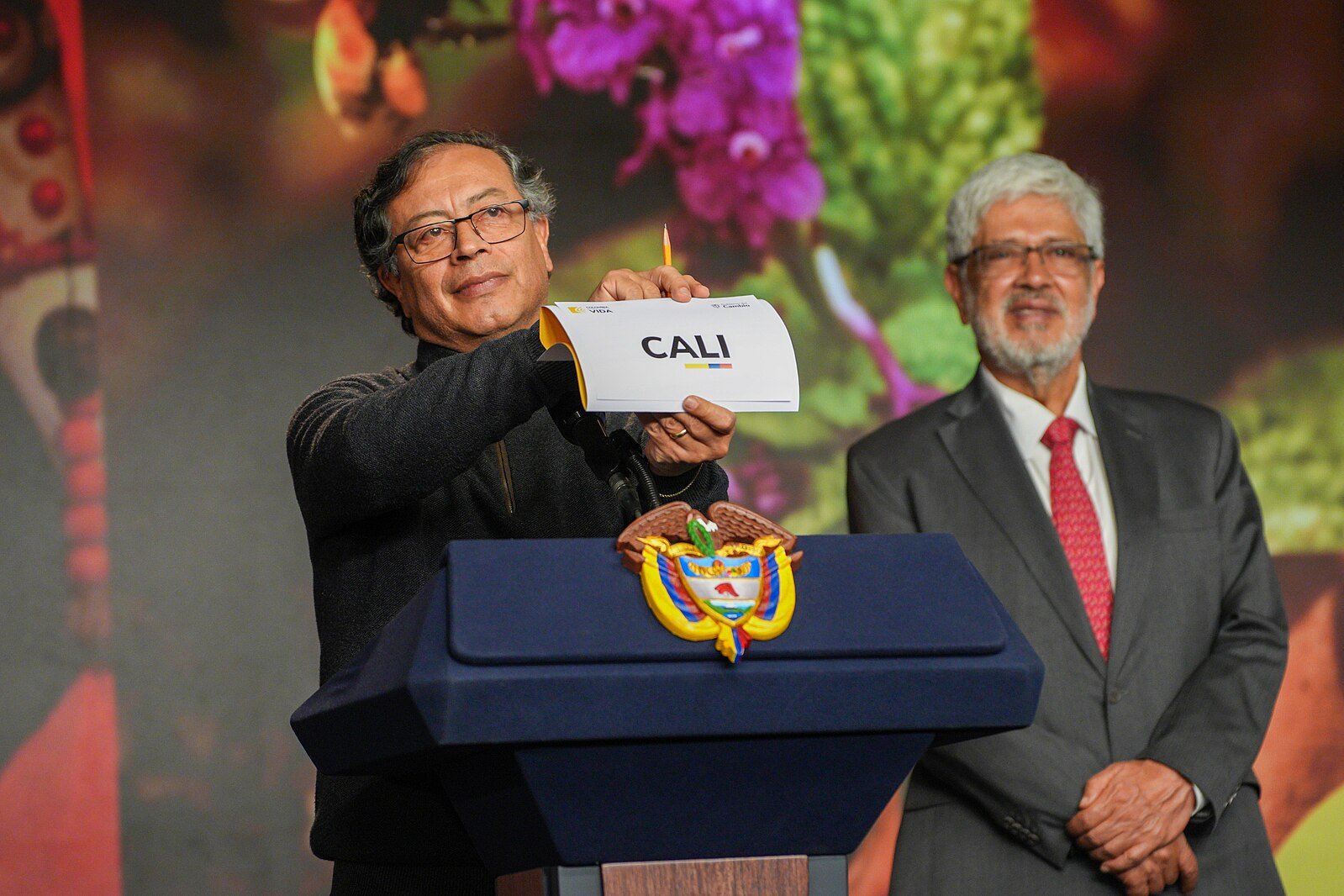
World Leaders Gather at COP16 to Address Biodiversity Crisis
The urgency of the biodiversity crisis is undeniable. Habitats are disappearing at an alarming rate and, according to The Nature Conservancy, an environmental nonprofit, nearly a million species face extinction. This pressing issue underscored the importance of holding the 16th Conference of the Parties to the Convention on Biological Diversity (COP16), a biennial conference run by the United Nations (UN).
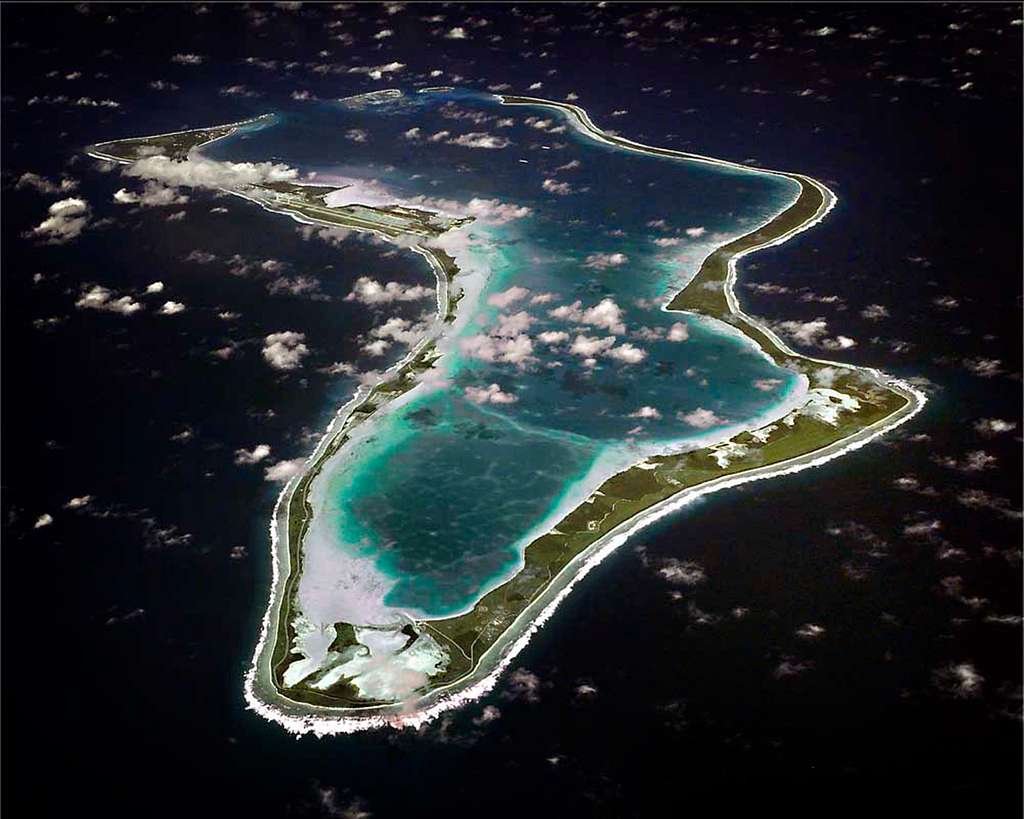
From Expulsion to Exclusion: How a U.K.-Mauritian Deal Continues to Disregard Chagossians
On October 3, Mauritius and the United Kingdom reached a “historic agreement,” where the latter nation agreed to cede its contentious overseas territory — known as the British Indian Ocean Territory (BIOT) — to Mauritius. Coming after 13 rounds of negotiations and decades of international pressure, the landmark agreement marks the end of Britain’s colonial presence in Africa.

Lebanese Citizens Display Resilience Amid Devastation and Displacement
Current conflicts in the Middle East are resulting in significant displacement and devastation, fracturing the lives of Lebanese citizens. On top of an already spiraling economy, the divided Lebanese government is not well equipped to help its suffering citizens. Despite these challenges, Lebanese citizens have remained resilient, helping to house and feed their displaced neighbors.